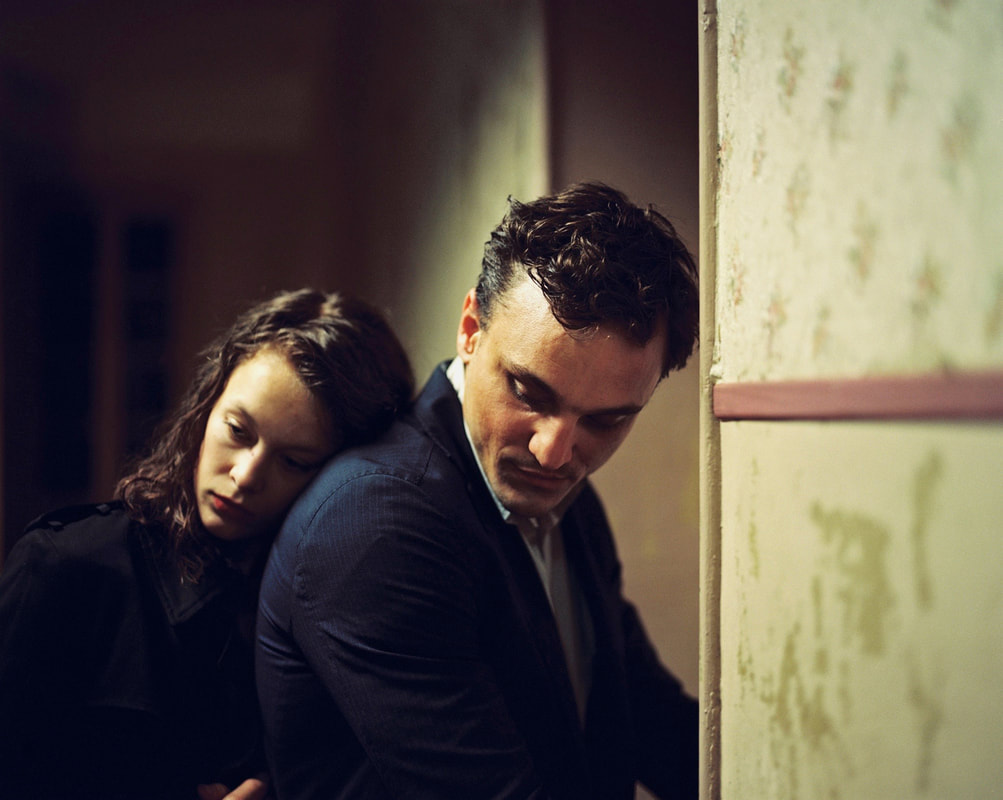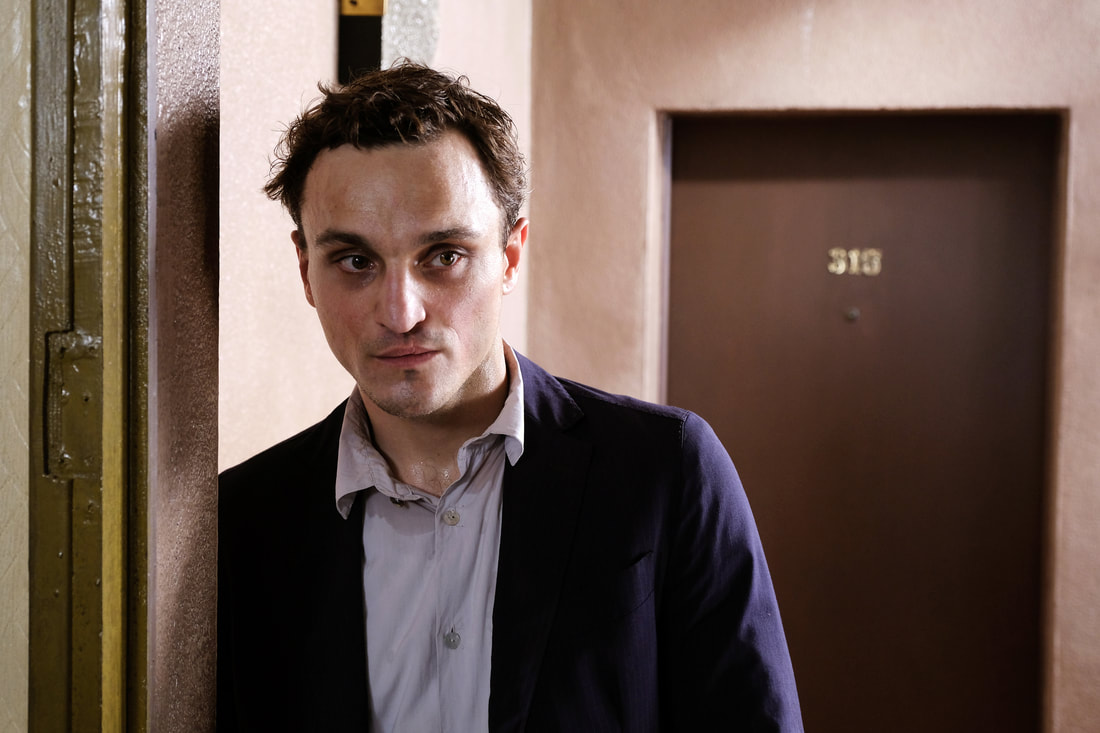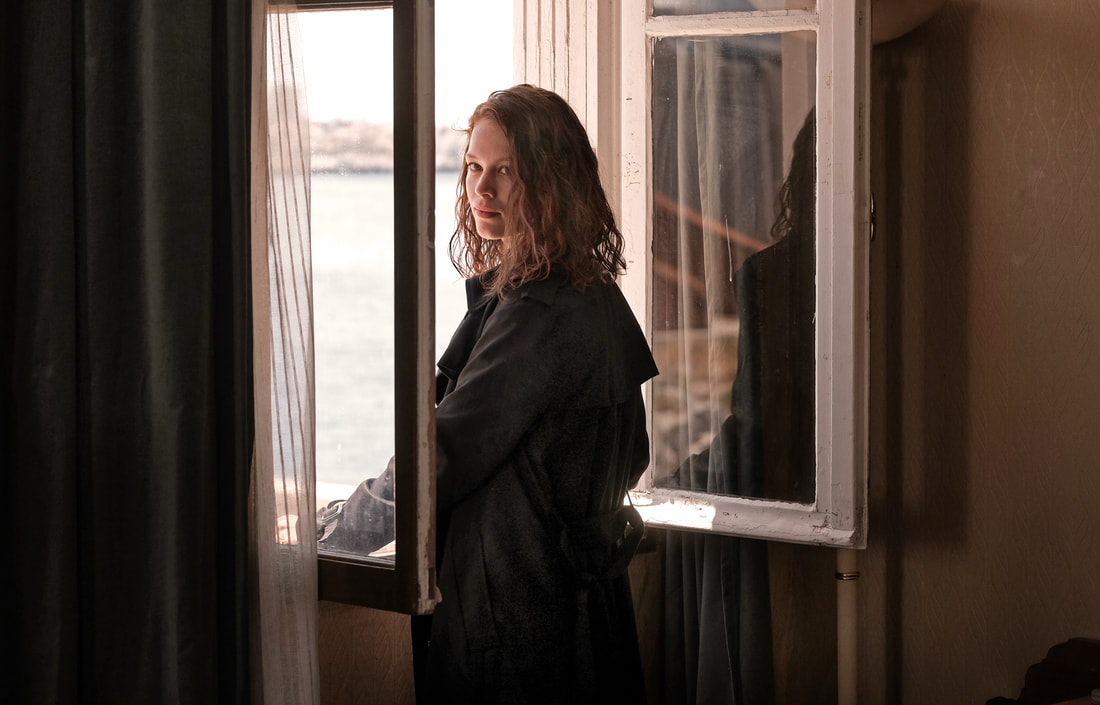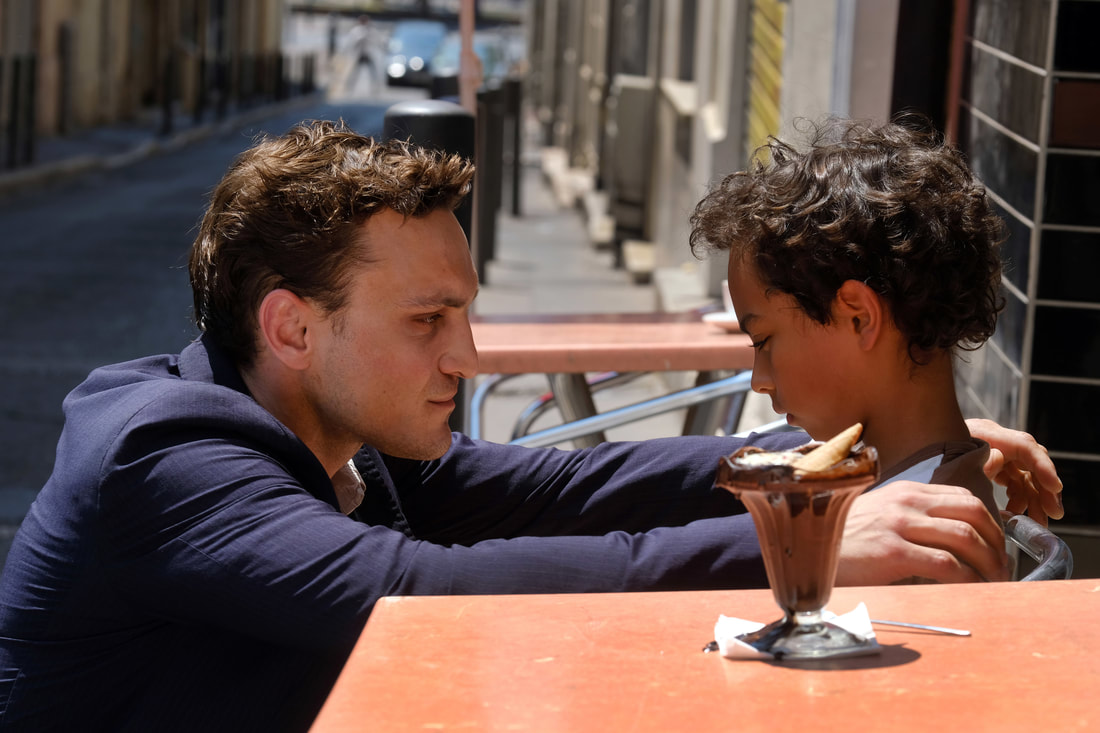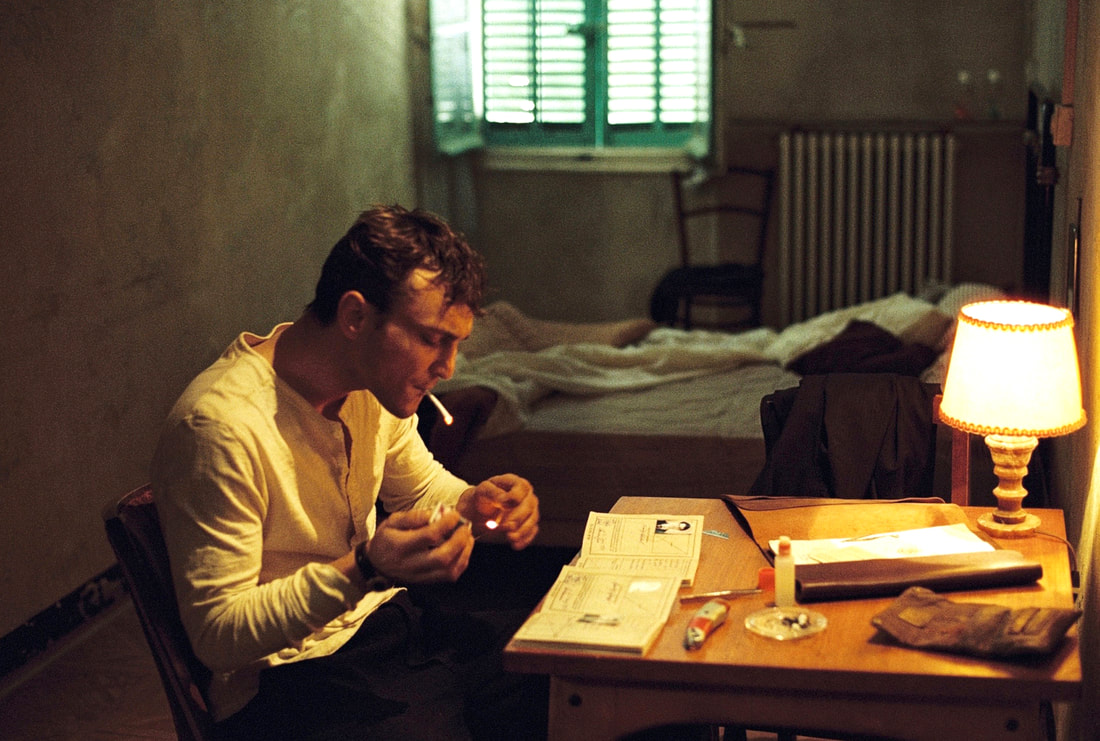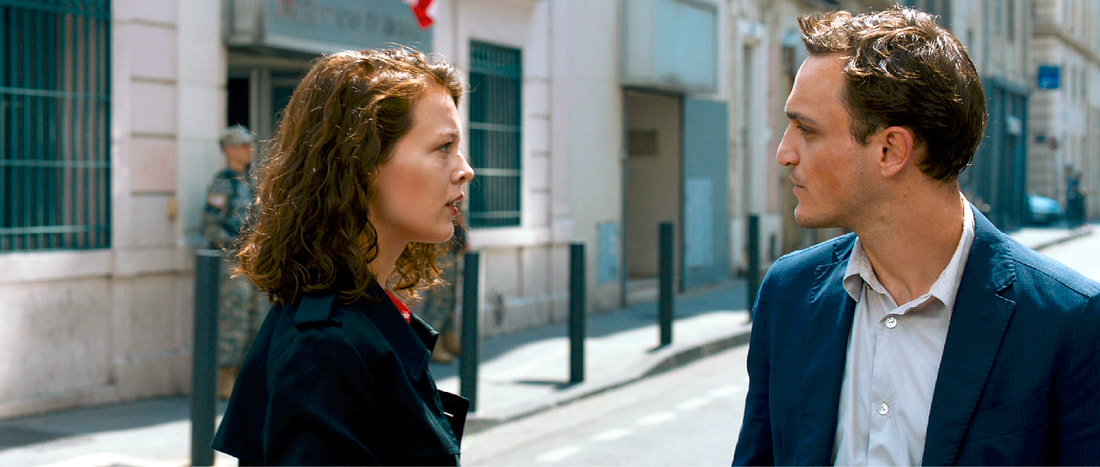|
★★★★½
10 September 2018
A movie review of TRANSIT [2018]. |
“So I can only stay here if I can prove that I don’t want to stay?” Georg (Franz Rogowski)
TRANSIT is a cinematic study on the herculean effort required by the powerless to survive during war while simultaneously doing the right thing. Hugely ambitious, the story of an anonymous fascistic force moving across modern Europe is used to highlight the need to be ever-vigilant against authoritarianism while also shining a light on the current refugee crisis affecting the world. TRANSIT is an adroit mix of love story, war film, and immigration parable.
TRANSIT is a cinematic study on the herculean effort required by the powerless to survive during war while simultaneously doing the right thing. Hugely ambitious, the story of an anonymous fascistic force moving across modern Europe is used to highlight the need to be ever-vigilant against authoritarianism while also shining a light on the current refugee crisis affecting the world. TRANSIT is an adroit mix of love story, war film, and immigration parable.
I am a big fan of actor Franz Rogowski (VICTORIA (2015), IN THE AISLES (2018)). He is an performer who infuses his characters with a deep well of unspoken emotion. His Georg is hurtling across France just ahead of an unseen, disturbing invading army. There is mention of “cleansing”. It is not stated overtly why Georg, a radio and television technician, is evading this new regime. Instead of aiding, the French authorities are cracking down on the influx of German asylum seekers. They are being rounded up. Their fate is unclear, though their cold treatment does not suggest a welcome outcome.
Compounding matters are heartless locals, content to inform and exploit. (As a companion piece, watch Marcel Ophüls’ documentary THE SORROW AND THE PITY (1969).) Hotels are over-charging the fleeing and then calling the authorities once they have the money. For a modern Western European comparison, check out the excellent DIRTY PRETTY THINGS (2002).
Georg’s plan is to reach Marseille and then seek passage to the Americas. However, to avoid incarceration, documents such as a visa, residence permit and ship’s passage are required. Georg, through happenstance, is able to pass himself off as a writer who is entitled to those documents. Unknown to the authorities, Georg’s new identity is dead. The problem for the lead is that the writer’s estranged wife, Marie (Paula Beer), is also in Marseilles. Normally coincidence is lazy, but here it works and (romantic) tension escalates.
TRANSIT contains a minor misstep: An unnecessary voice over narration. Is the choice meant to lend a literary quality? It distracts and distances the audience. The unexplained mixture of dated and new technology (e.g. absence of mobile phones and aircraft, old-fashioned passports, rubber stamps, etc.) is either metaphorical or an allusion to the narrative unfolding in a very real parallel universe.
Director Christian Petzold hasn't delivered a dud in his cinema career. He continually dissects authoritarianism in fascinating ways.


